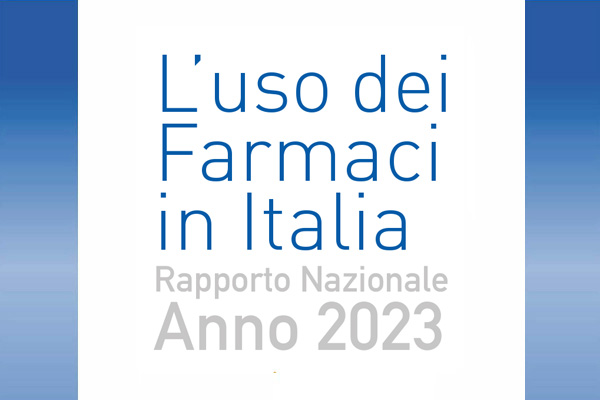.png) Agenzia Italiana del Farmaco
Agenzia Italiana del Farmaco
AIFA presented the first “Atlas of social inequalities in medicines use” - AIFA presented the first “Atlas of social inequalities in medicines use”
AIFA presented the first “Atlas of social inequalities in medicines use”

Press release no. 662 - The Italian Medicines Agency presented the first "Atlas of social inequalities in the use of medicines for the treatment of major chronic diseases".
“The aim of this new publication, which enriches the list of the OsMed Reports, was to evaluate how in the context of a universalistic system, such as the National Health Service, access to medicines for the main chronic diseases is related to specific socio-economic factors such as education, employment, family composition, density and condition”, so Director General Nicola Magrini.
The analysis shows that medicine consumption is higher in subjects residing in the most disadvantaged areas, probably due to worse health conditions, which could be associated with an incorrect lifestyle. This is an evident phenomenon for almost all the conditions analysed, in particular for antihypertensive drugs, lipid-lowering drugs and, in women, for anti-osteoporotic medicines.
Correlations of this type, on the other hand, do not emerge when analysing adherence and persistence to treatment, suggesting that once the patient has had access to pharmaceutical treatment, taking charge does not change as the level of deprivation varies.
“The Atlas responds to an institutional policy at national and European level that has long recommended focusing attention on these issues – as underlined by Francesco Trotta, Head of AIFA’s HTA and pharmaceutical economy division - It is the starting point of an ambitious project, shared with some of the main Italian research groups. This network is now available for further analysis that can inform national or local policies on reduction or mitigation of inequalities”.
The launching event was joined by Michael Marmot (University College London), Nera Agabiti (Department of Epidemiology of the Lazio Region), Nicola Caranci (Emilia Romagna Regional Department), Giuseppe Costa and Nerina Dirindin (University of Turin), Alessio Petrelli (National Institute for promotion of health of migrant populations and the fight against poverty diseases), Giuseppe Traversa, Aurora Di Filippo and Serena Perna (AIFA).
Published on: 15 September 2021

